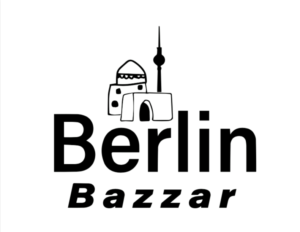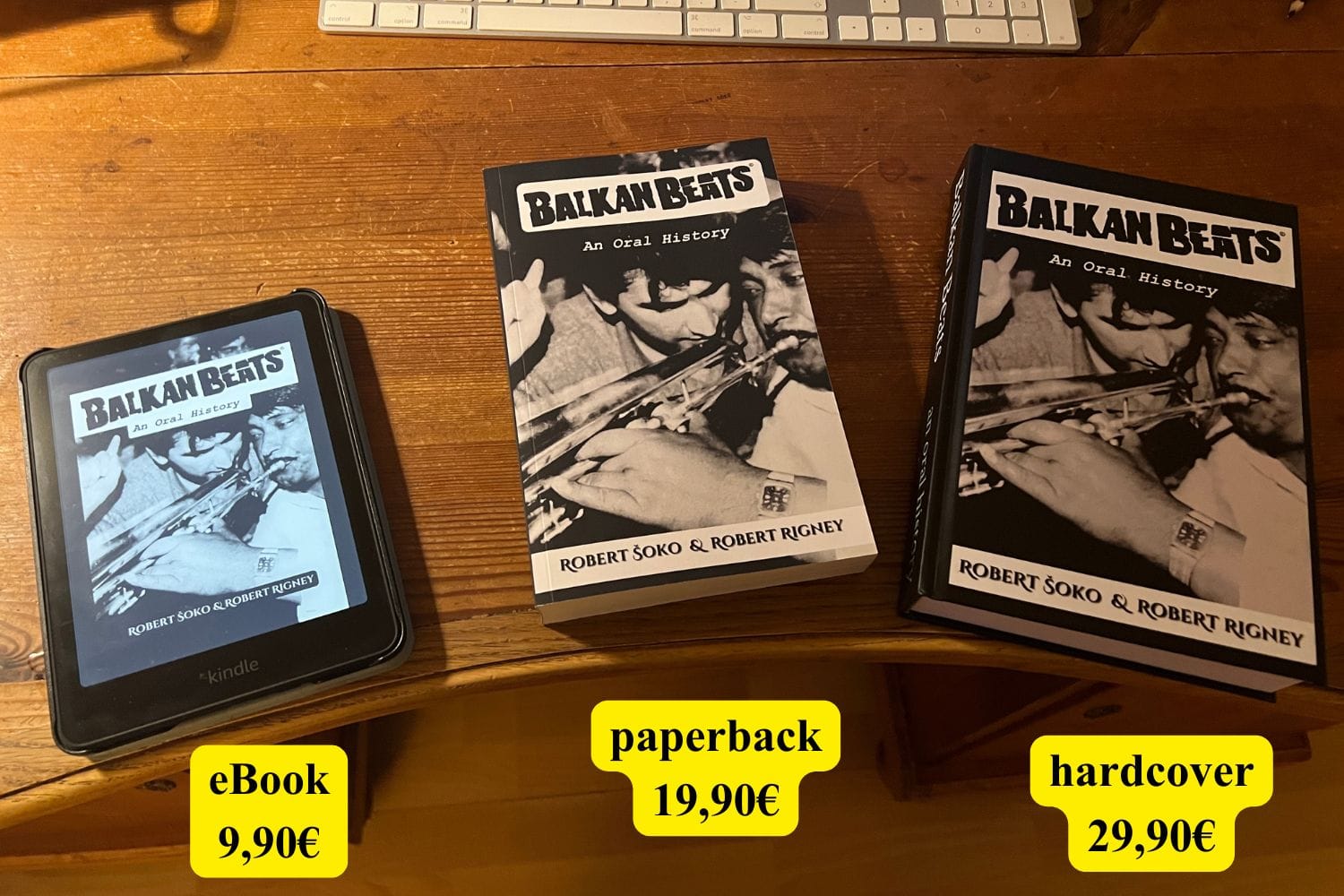I don’t know how it is with other journalists from the West, but when it comes to trying to track down and interview folk singers from Serbia this journalist has had no luck. Either they ask for ridiculous sums of money for an interview; or all they speak is Serbian and have no interest whatsoever in getting ink thrown their way from an American journalist.
Why, you might ask, would you want to interview a Serbian folk star to begin with? Would it surprise you, and maybe irritate you at the same time, to find out that it is the folk stars who are the real Serbian rock & rollers? Furthermore, would you believe that the punks and rockers of ex-Yugoslavia were the tame lapdogs of the Communist establishment?
This is bound to spark the ire of fans of Yugoslavian rock and roll, who like to see their favorite bands as the real rebels of the Balkans. But so it is, my friends, – and bear in mind this isn’t my idea, by the way, but rather the sage observation of Belgrade Jewish folk music producer Marko J Konj.
“The rock and punk acts of Yugoslavia all had the support of the Communists,” said Konj “…while the Serbian folk stars are the embodiment of the real rock & roll lifestyle.” Konj meant by rock & roll lifestyle the drugs, the alcohol, the material excess the iconoclasm. “Like everything in the Balkans, it comes later,” Konj said. “In the Western world you have ‘Club 27’, where people 27 years often die because of drug abuse, probably because they started when they were 16, 17 or 18. And in the Balkans everything comes later. They are all late bloomers. They started using drugs in their late thirties or early forties.”
While getting the cold shoulder from acts like Ceca and Dj Krmak, just to mention two very different folk artists, I had the rare honor of meeting and interviewing Džej Ramadanovski shortly before his untimely death December 6 of a heart attack at the unripe age of 55.
By the end of his life, Džej had more than 150 songs to his name, almost every one a hit. He was a big star in Serbia; everyone knew him. Coming of age during the era of turbo-folk, he had something of the genre’s upbeat, high octane feel, although he was primarily a singer of ballads, which he sang for an exclusively Serbian audience of Gypsies and non-Gypsies alike.
A funny guy, who could make you dance, he was described by Konj as being “Roma to the core”, the embodiment of “the real rock & roll lifestyle.” He cast himself as a Serbian Gypsy James Brown, even worked lines from the Godfather of Soul into his folk ballads. And yet he never catered to Western tastes, even during the fad for Balkan Gypsy music some years later, if not for any other reason than he had already ruined his health by that time; the nineties had done him in.
With Džej it was a case of “too much, too late”. In order to keep up with the mental style of partying in that was gaining sway in Belgrade in the nineties, Džej adopted a lifestyle marked by excessive drinking and drug taking as well as gambling. He lived for the moment, claimed in interviews to be “enjoying life with all my strength.”
Back then I thought he still had some mileage left in him, and I thought if only he would quit drink and get his act together he might gain a following in the West. So I asked him if he thought it was possible for Americans to get into music. Džej answered by means of an anecdote from the time when he made it to America, dodged security in New York and snuck up to Puff Daddy, who asked Džej if he was a Gypsy, and when Džej answered in the affirmative, Puff Daddy said to him. “You are my man!”
Well, alas the famous Džej is no more. Long live Džej, long live folk and long live the real Serbian rock & roll!



